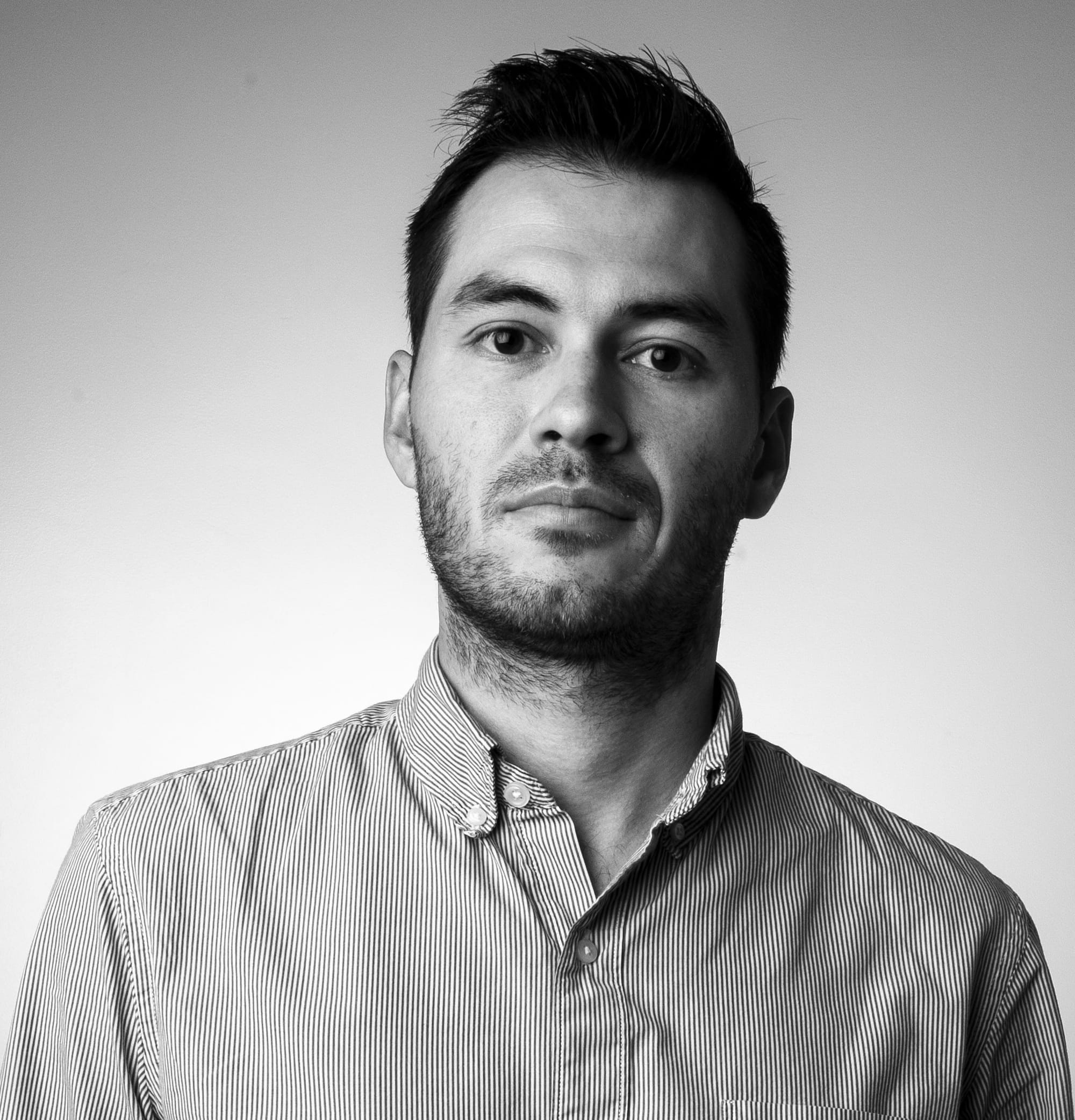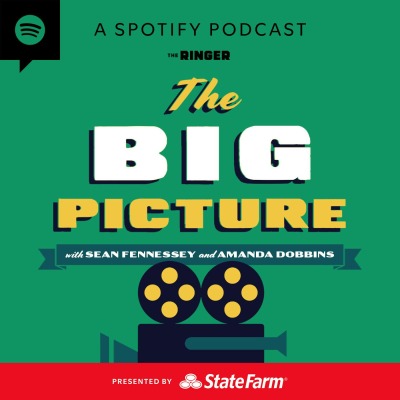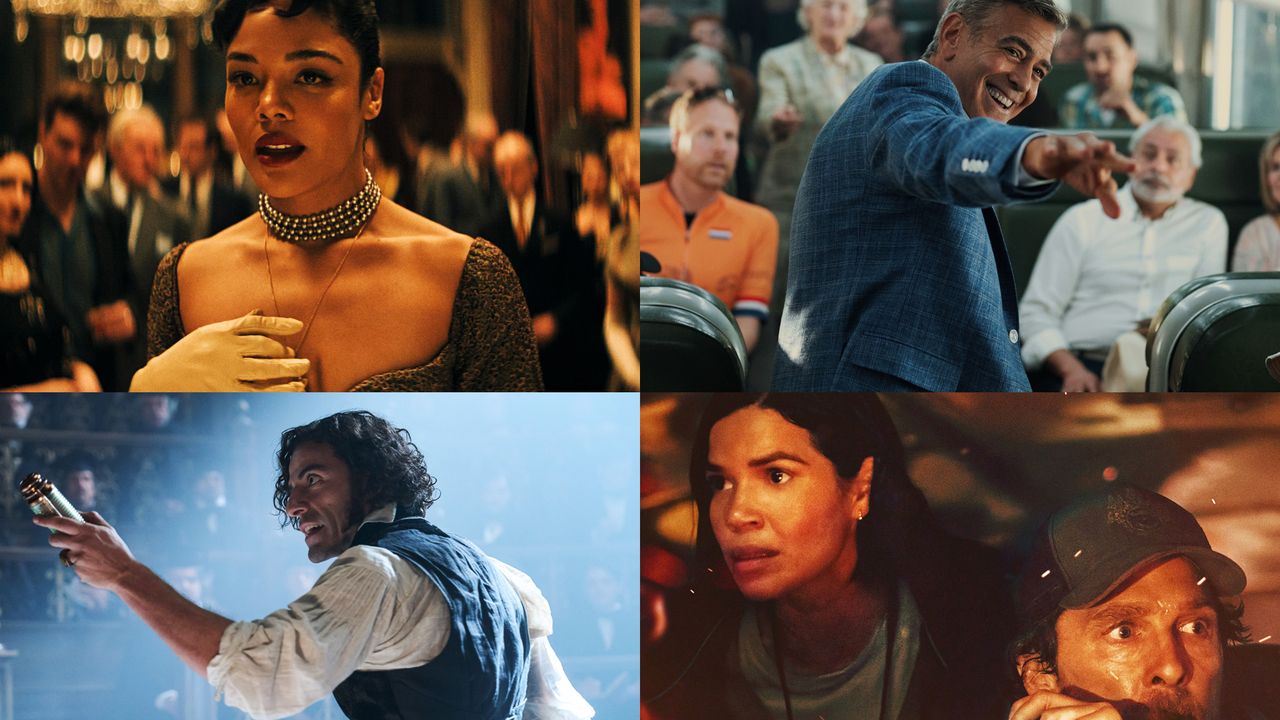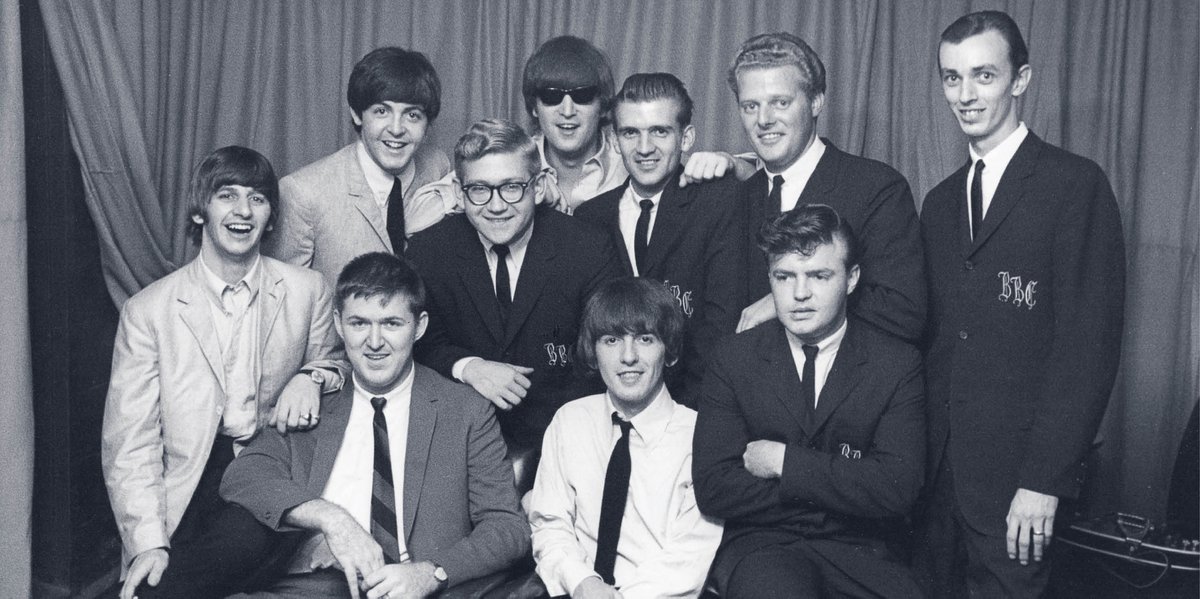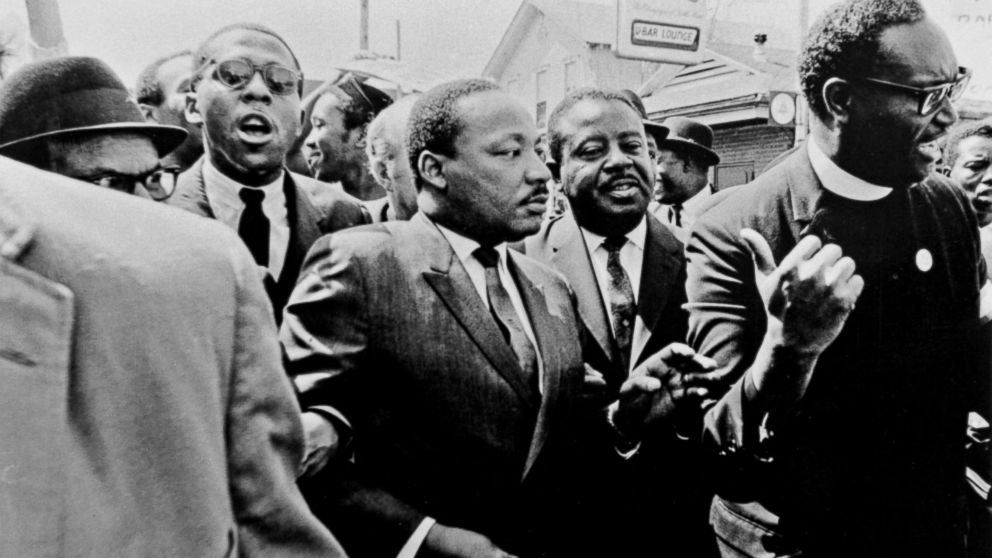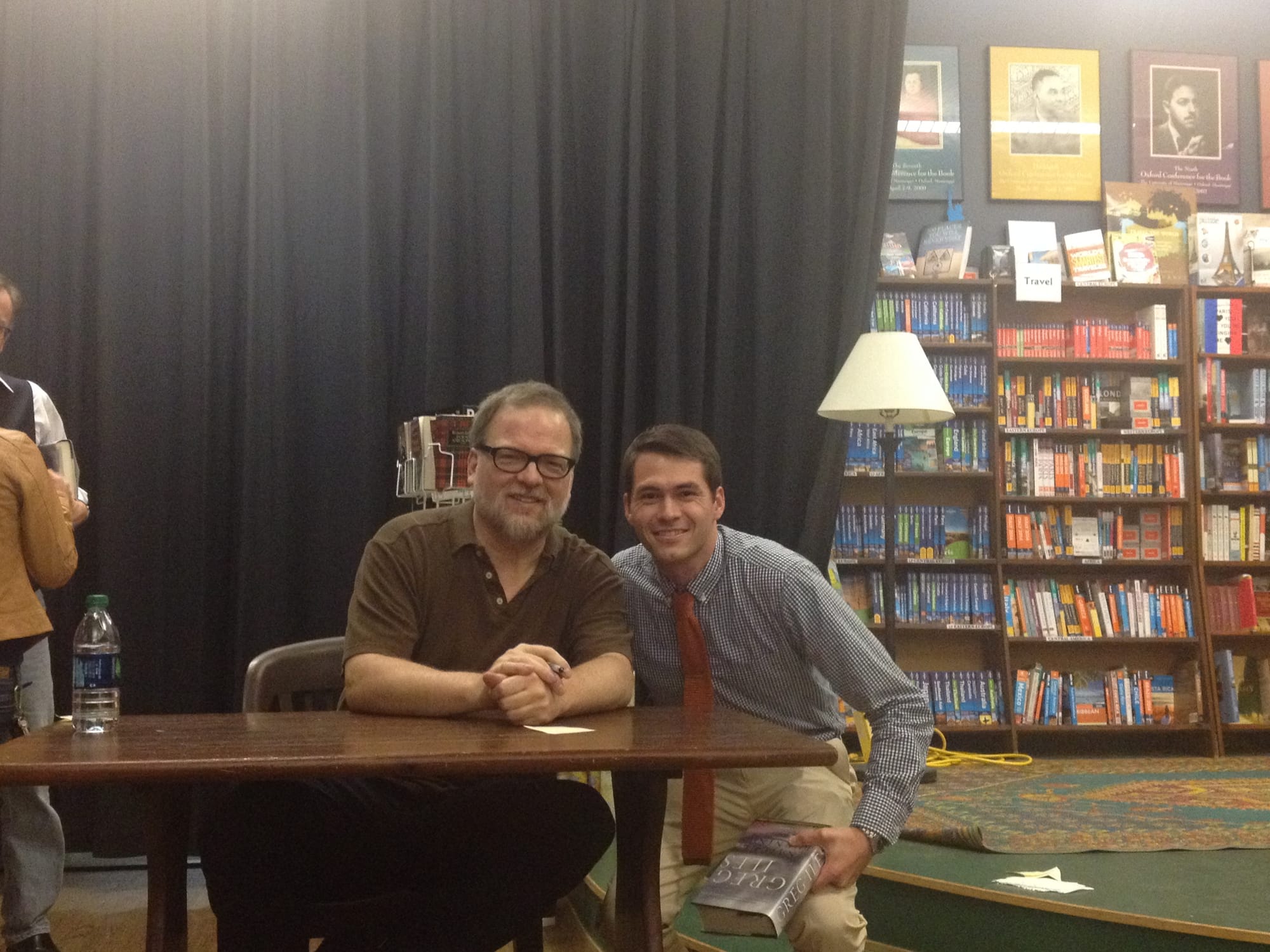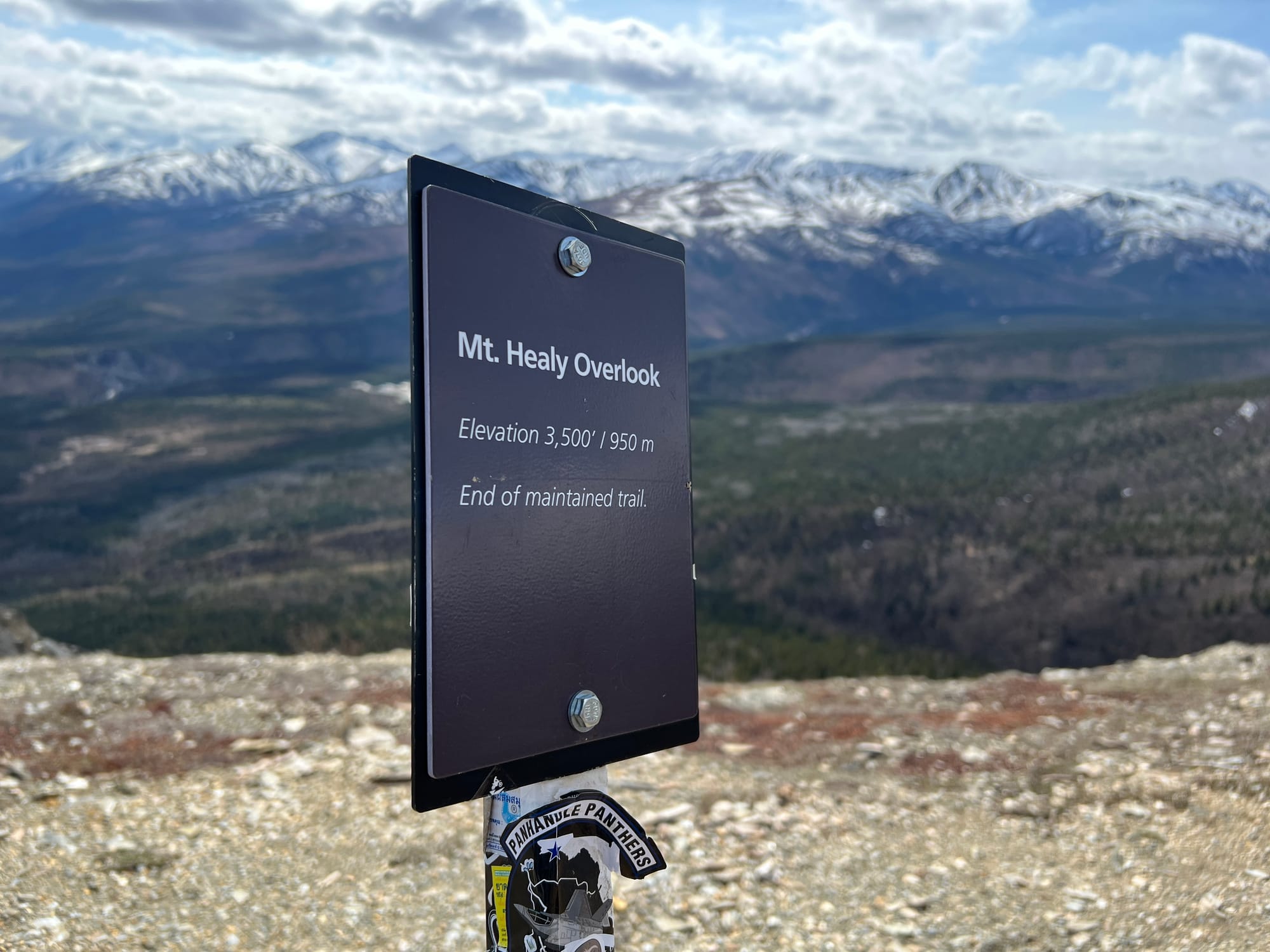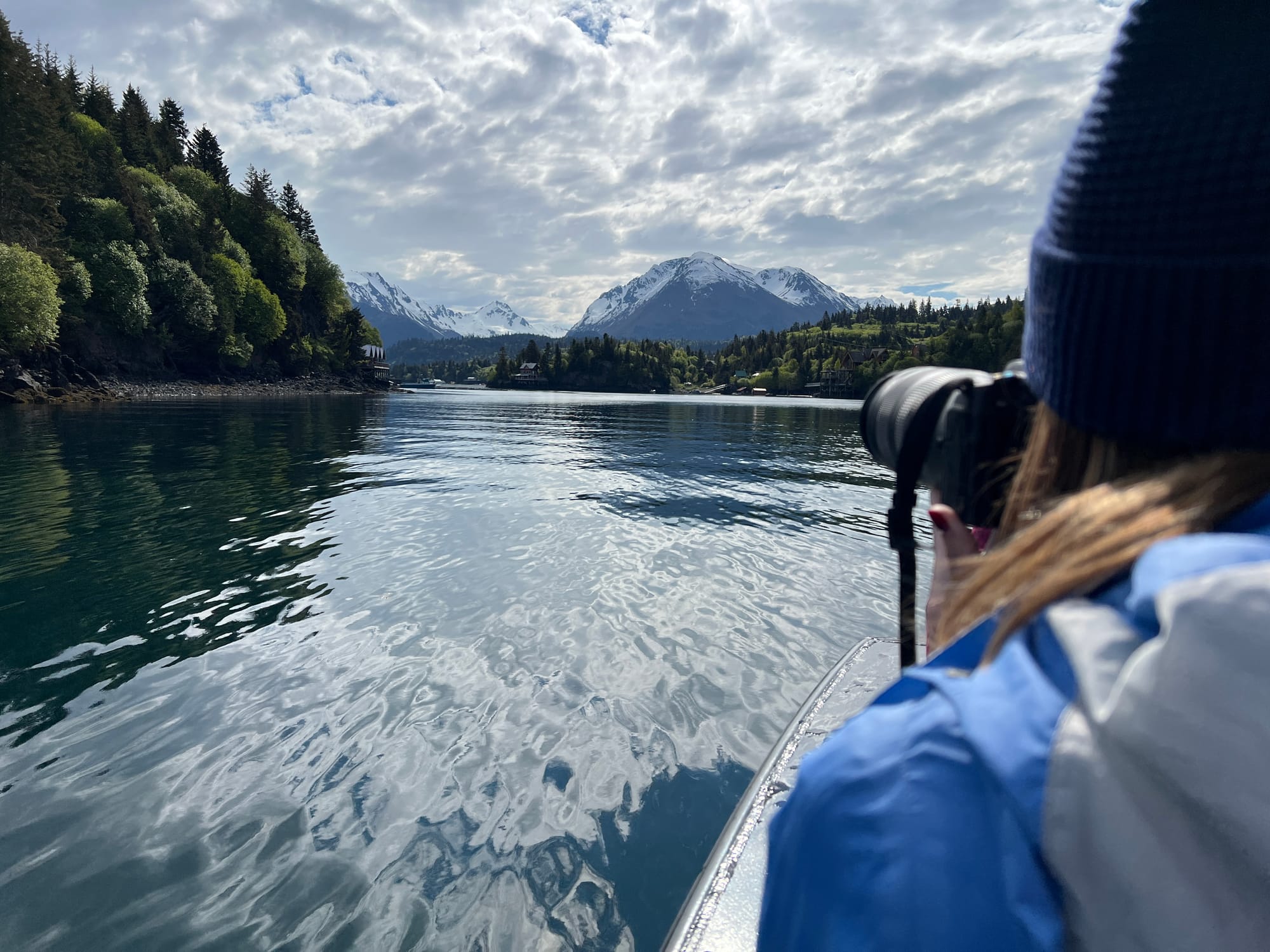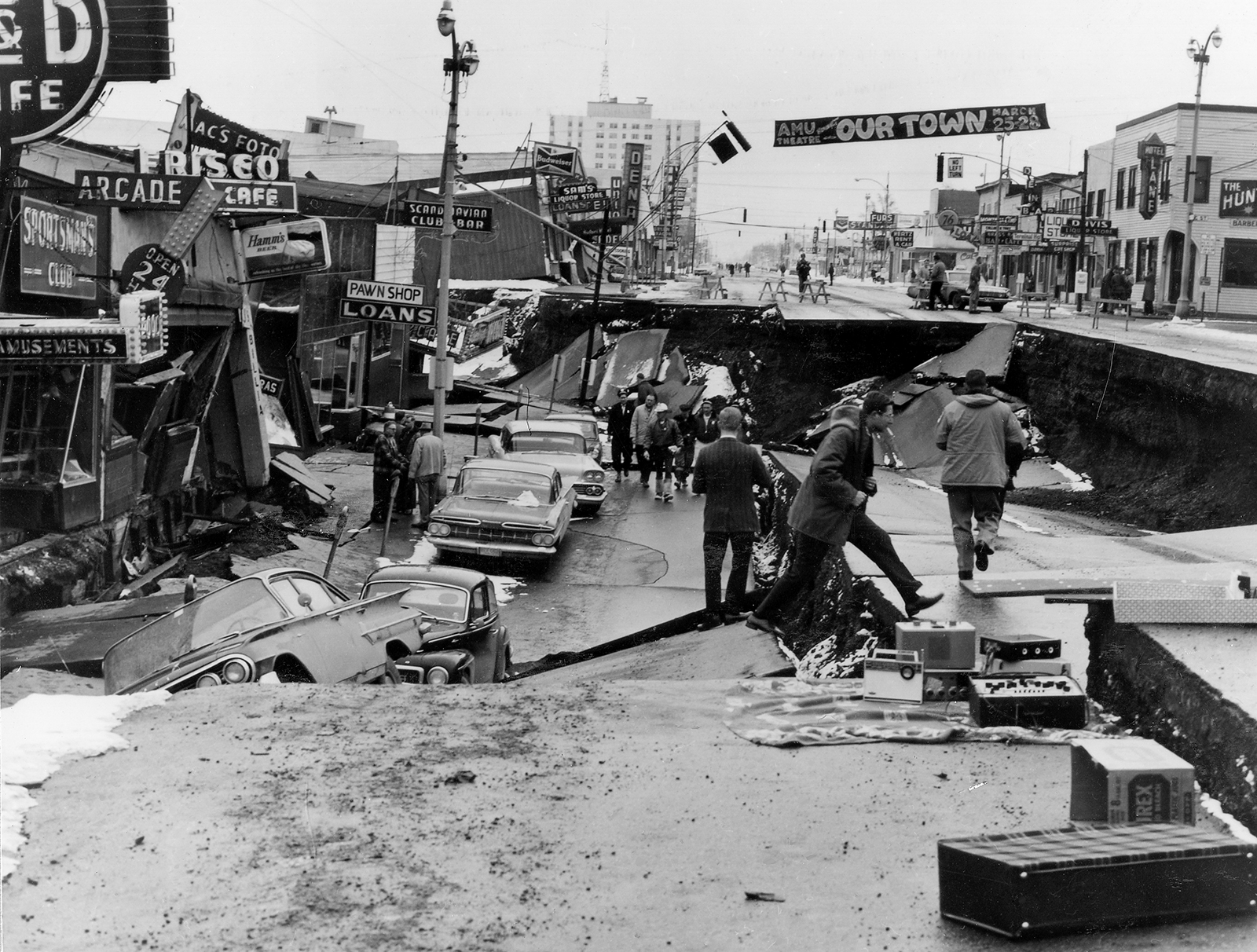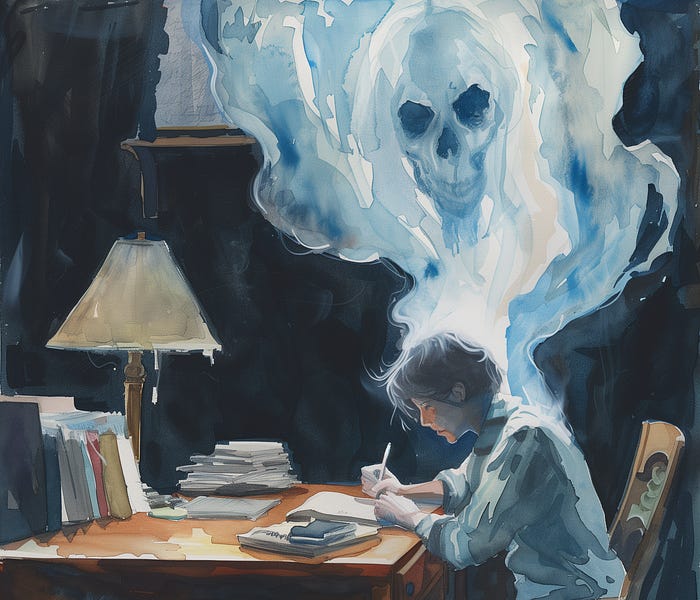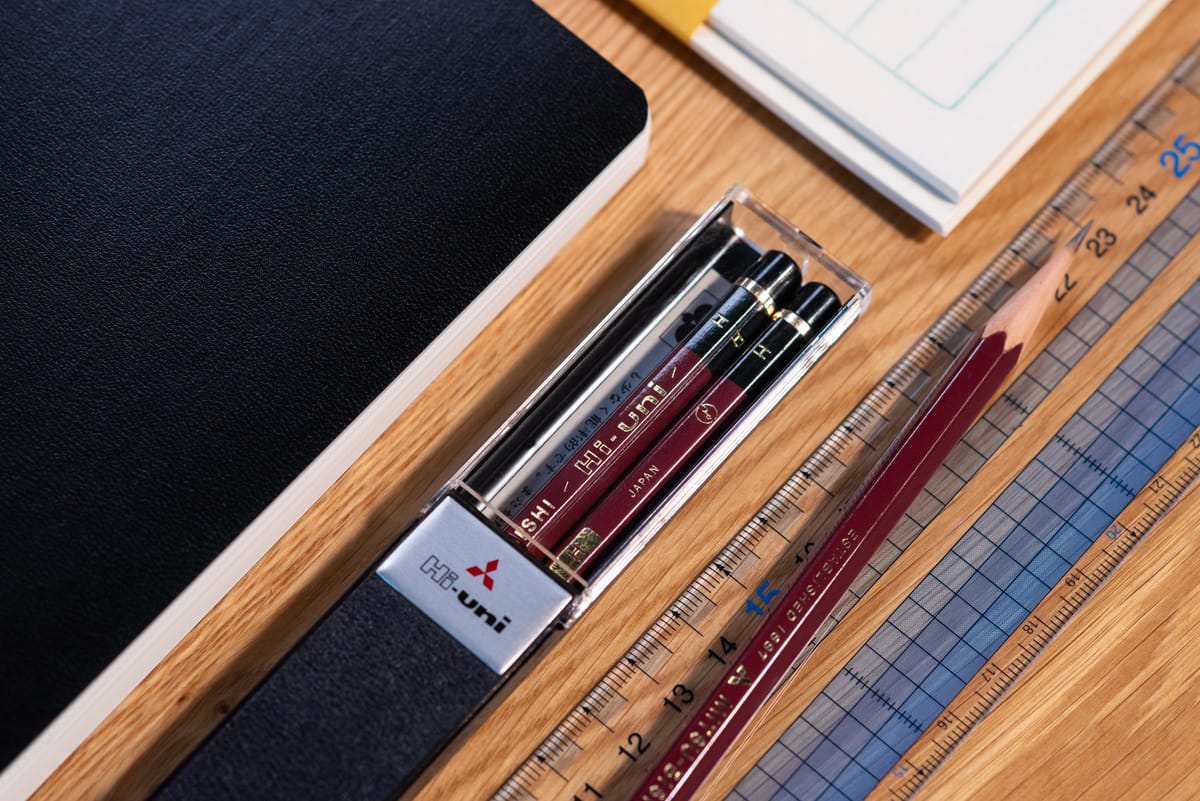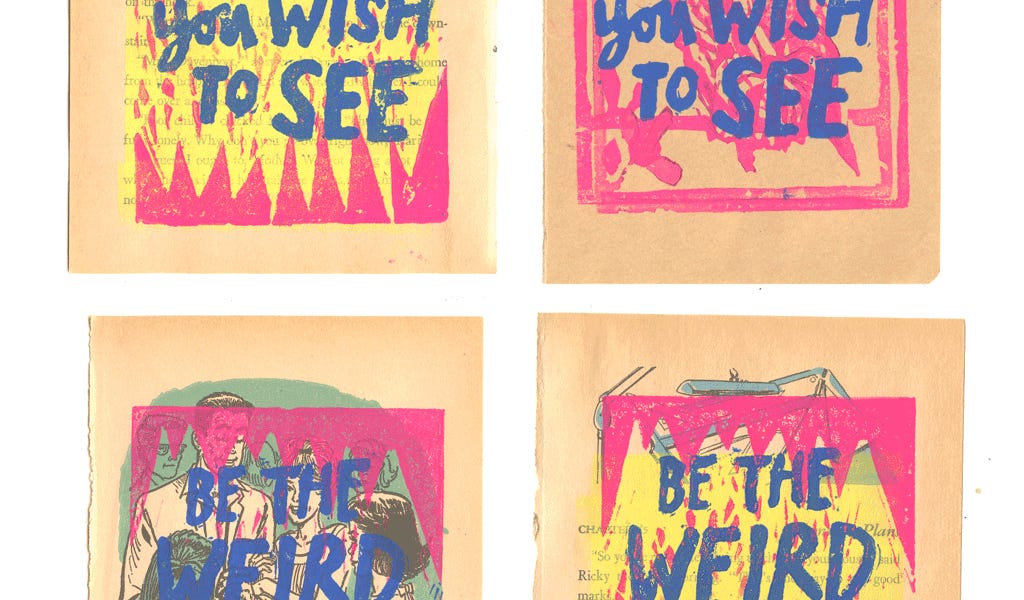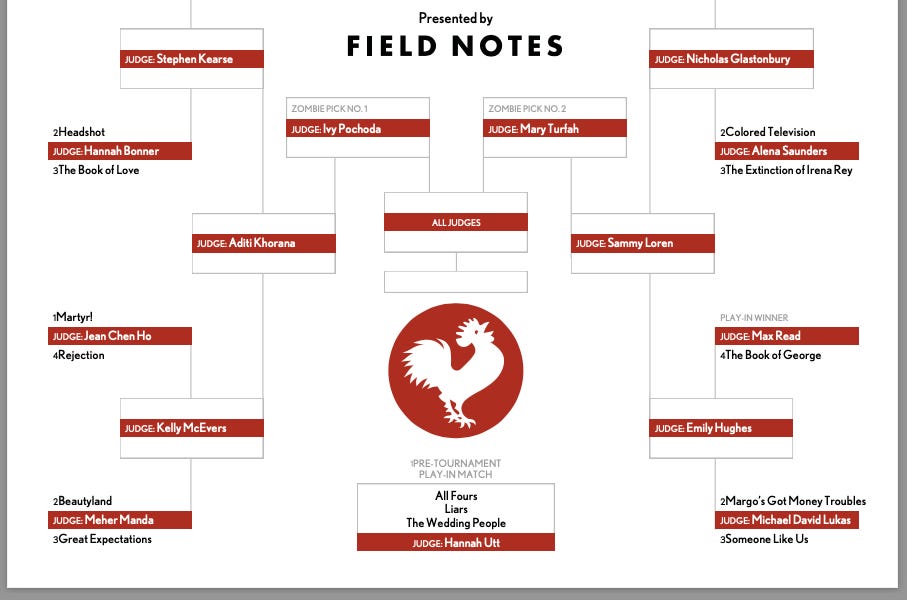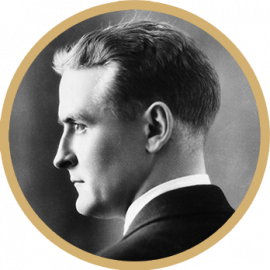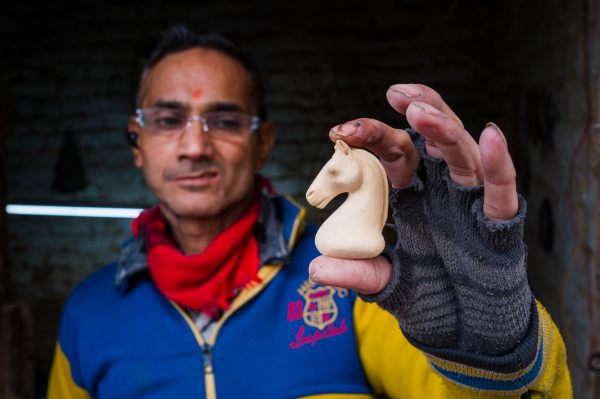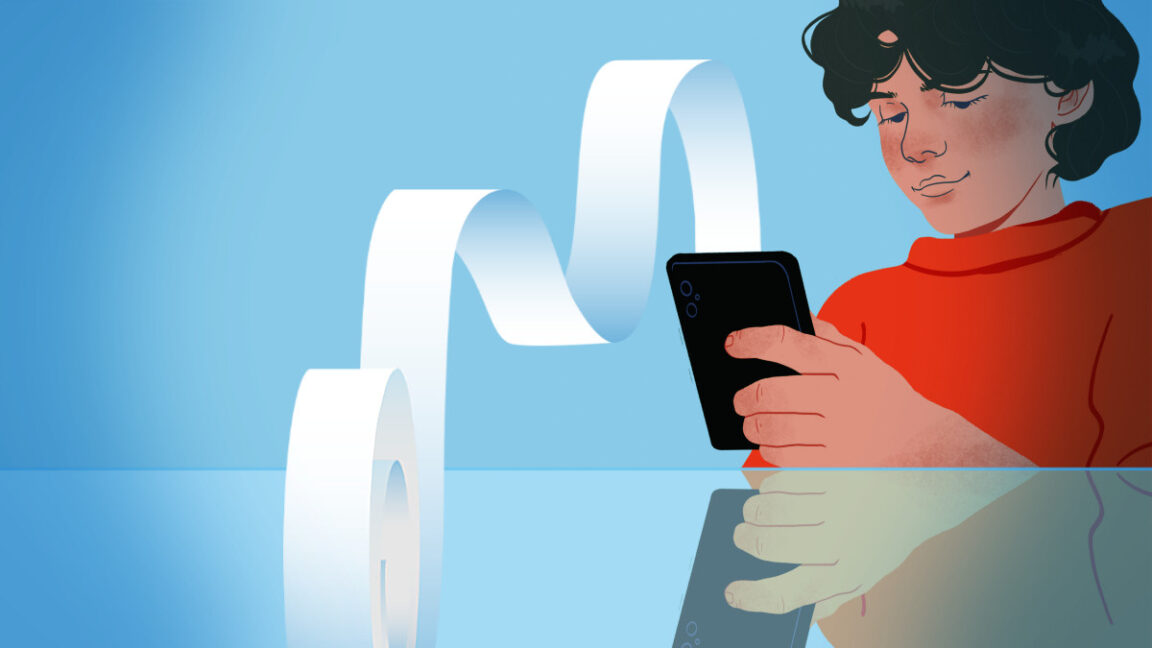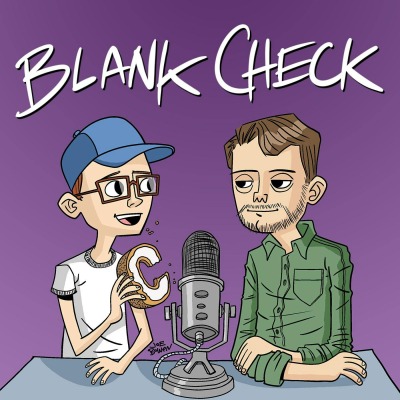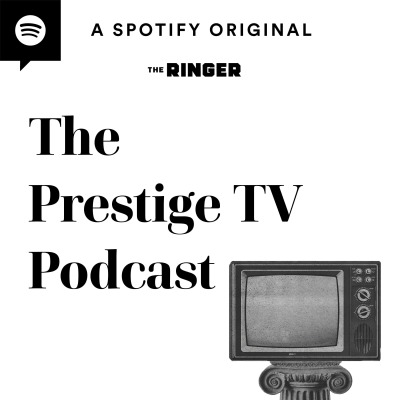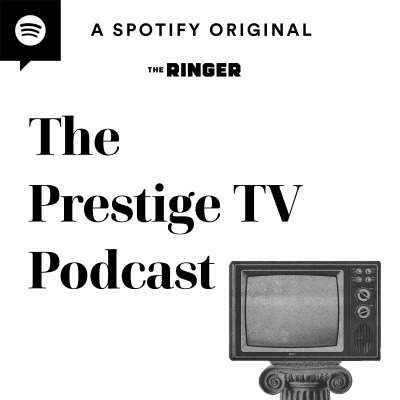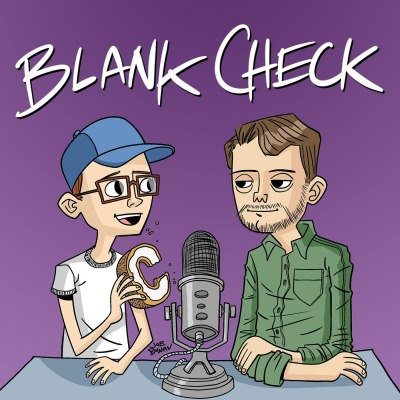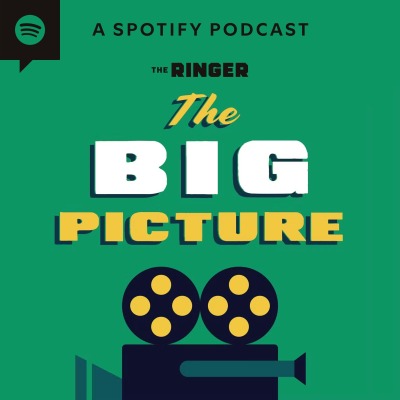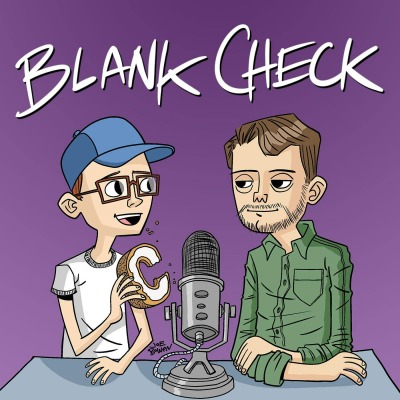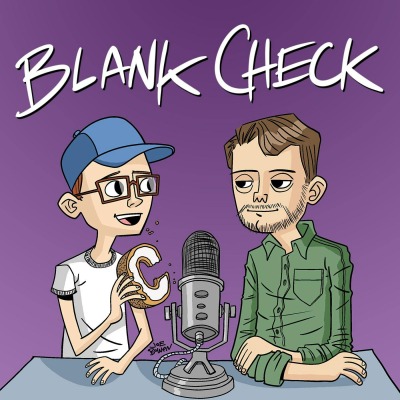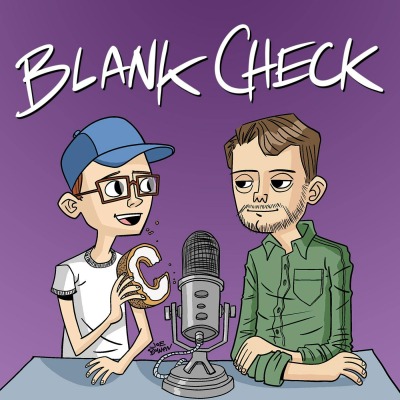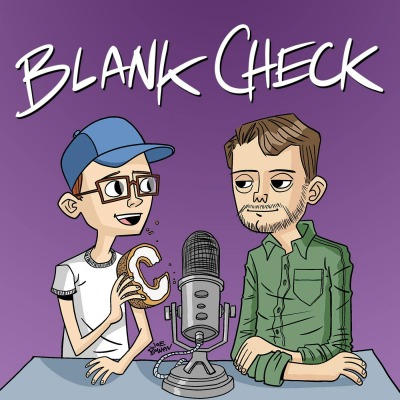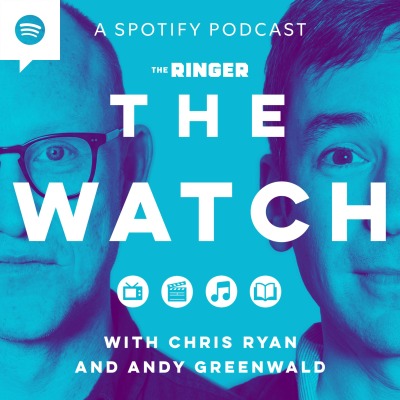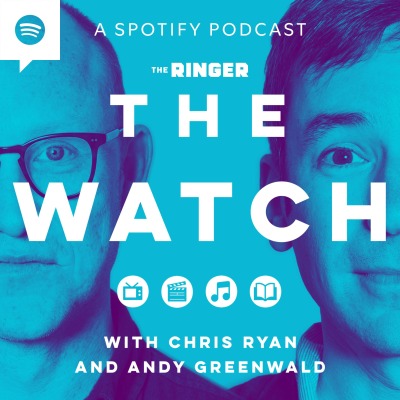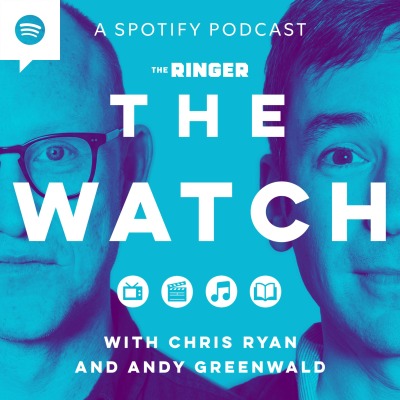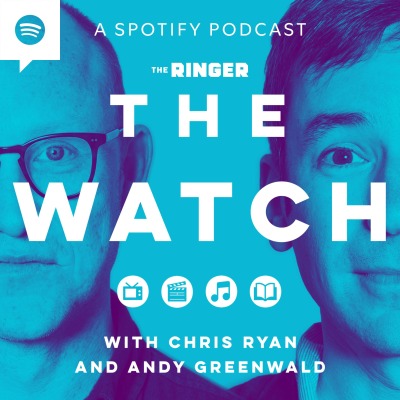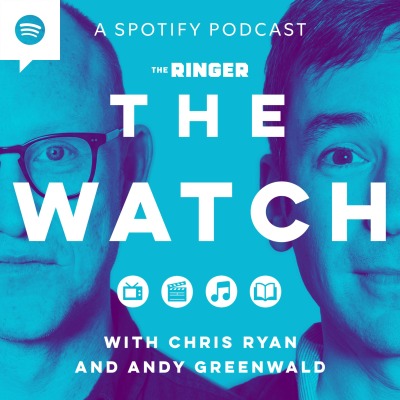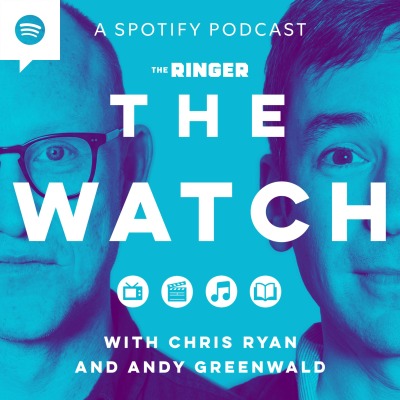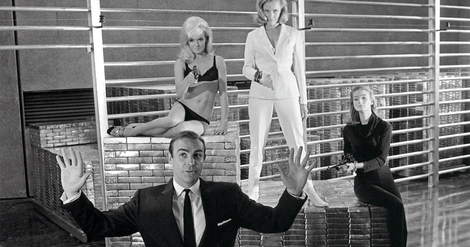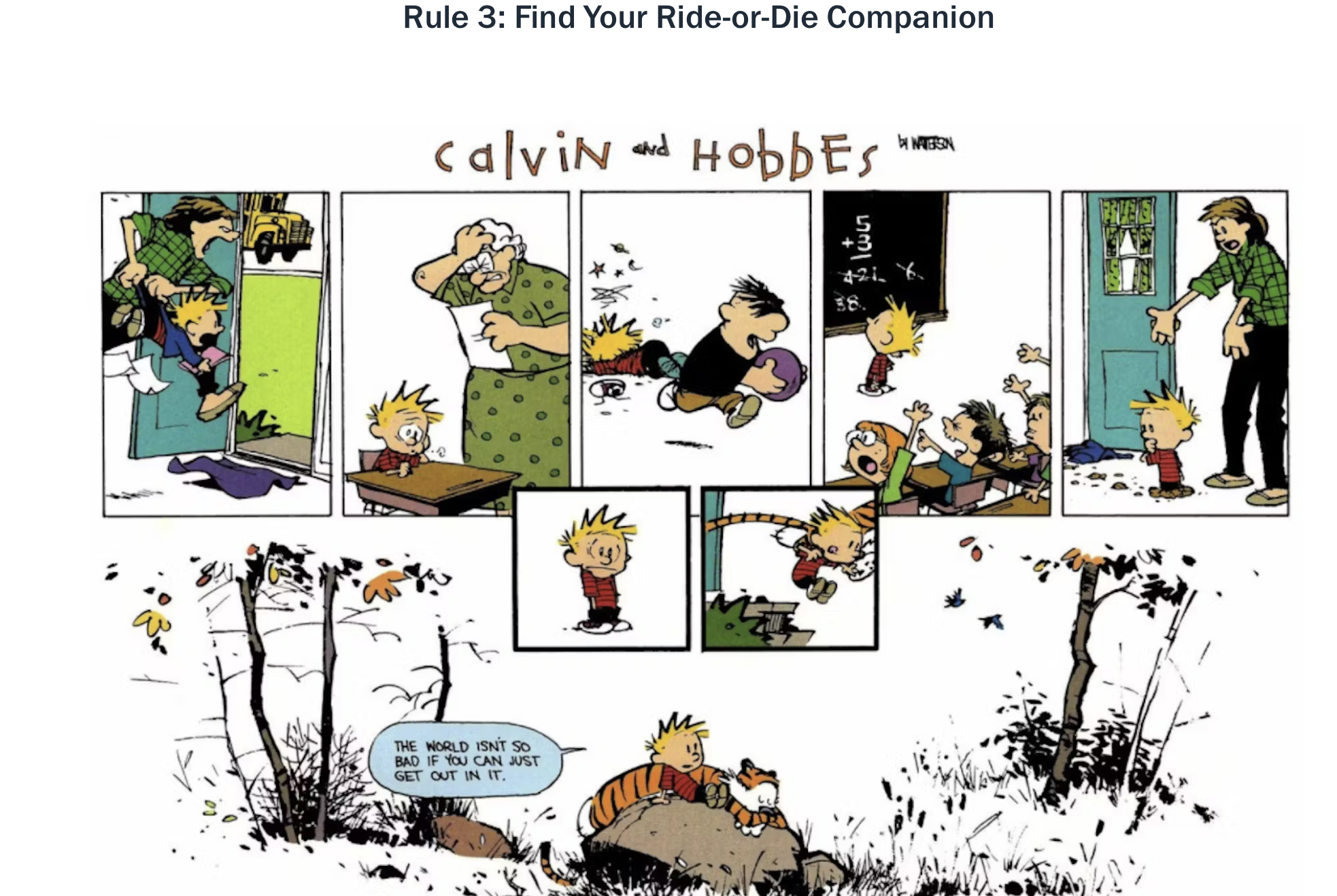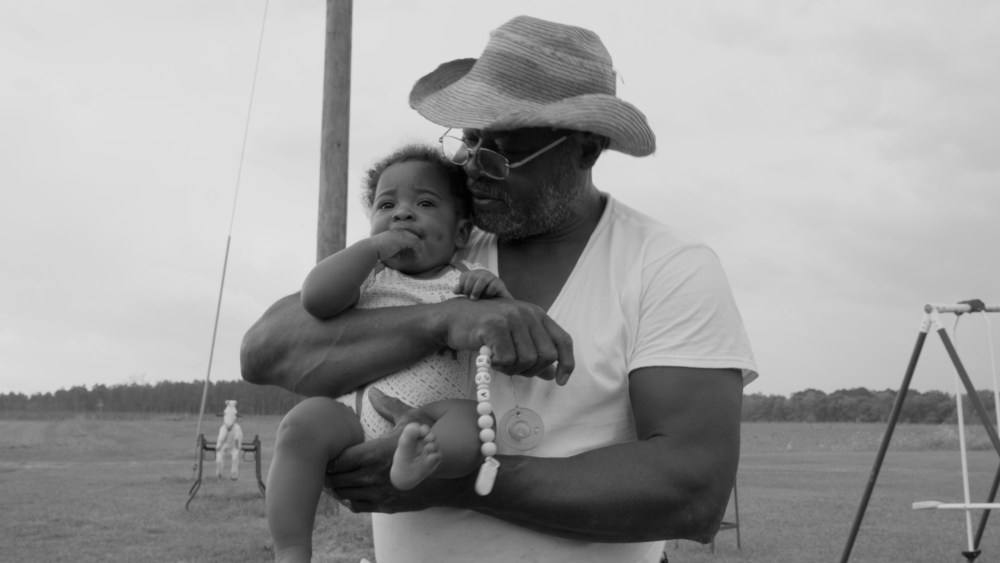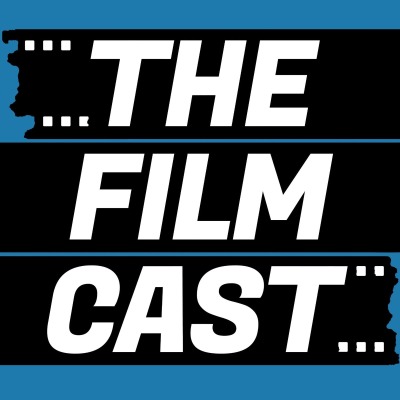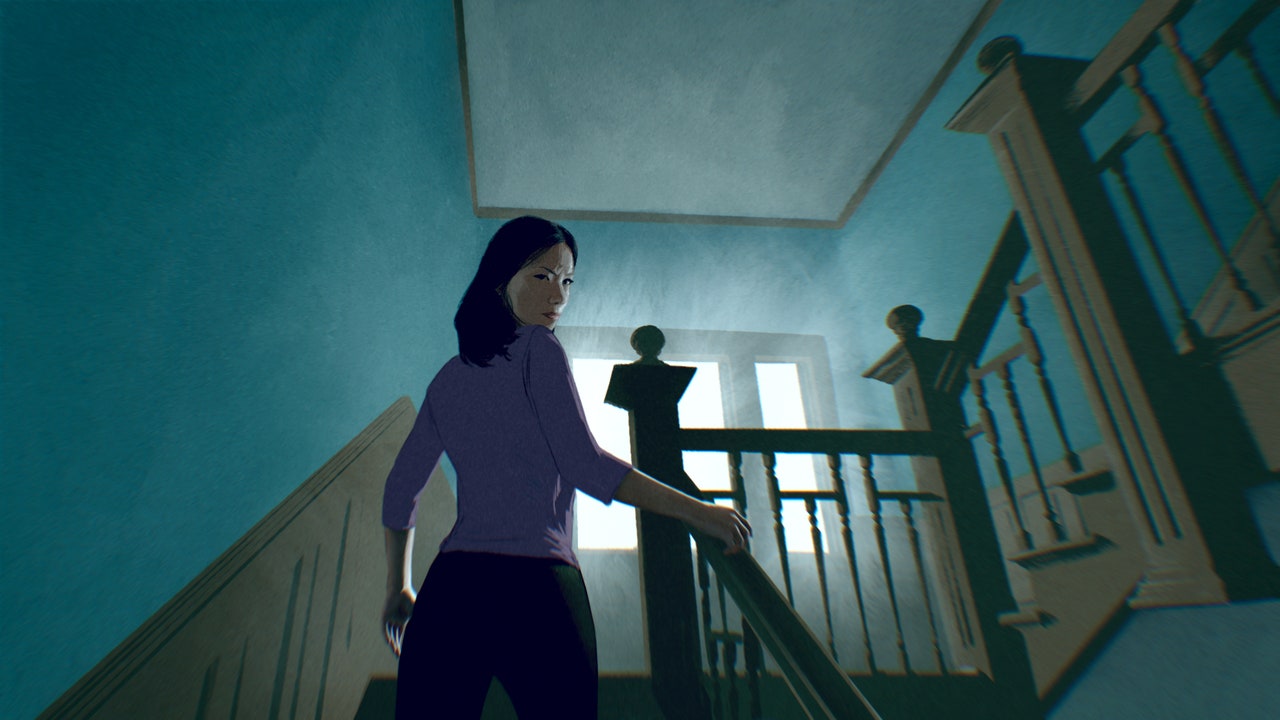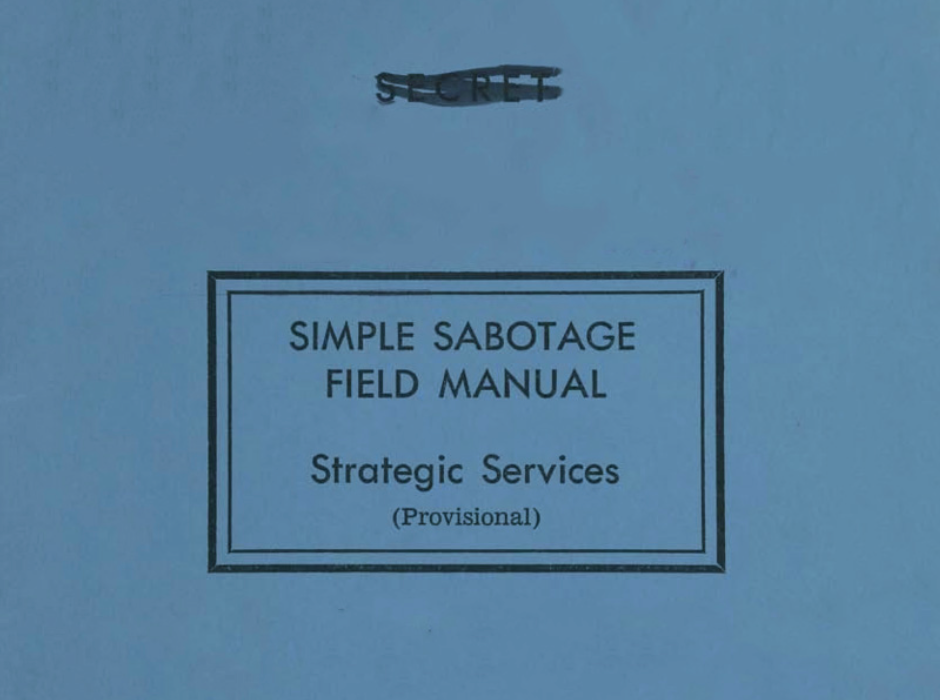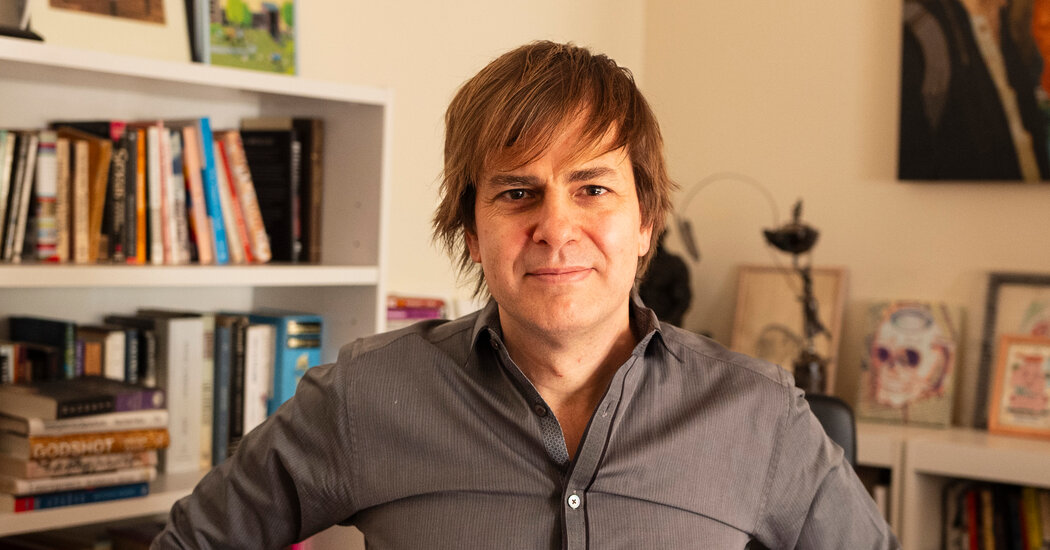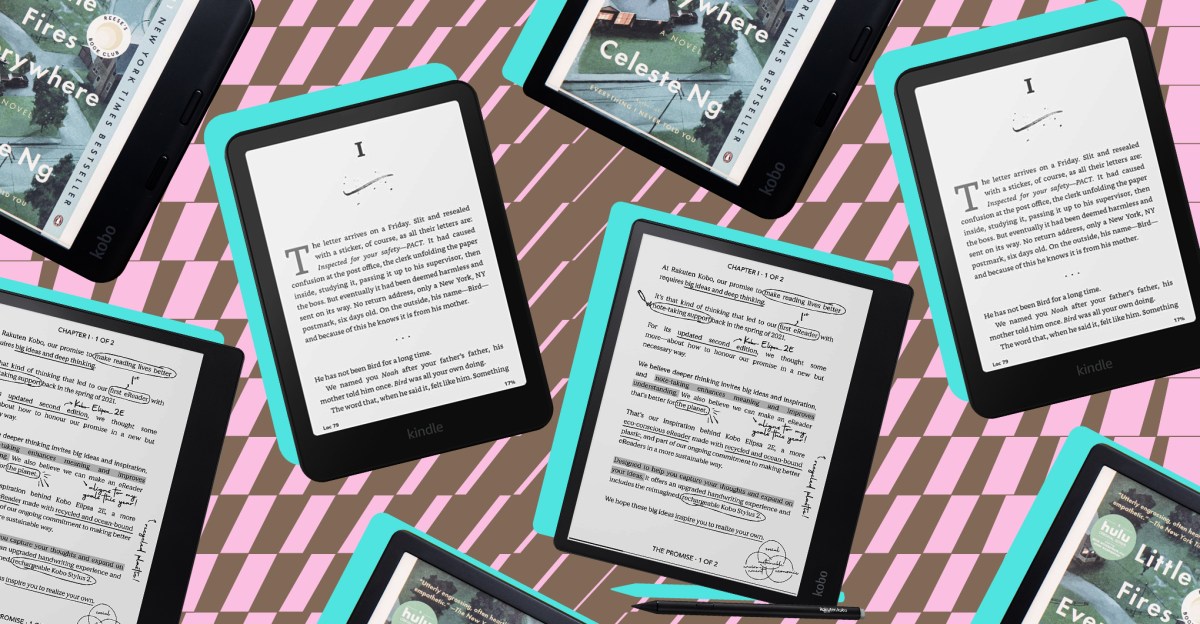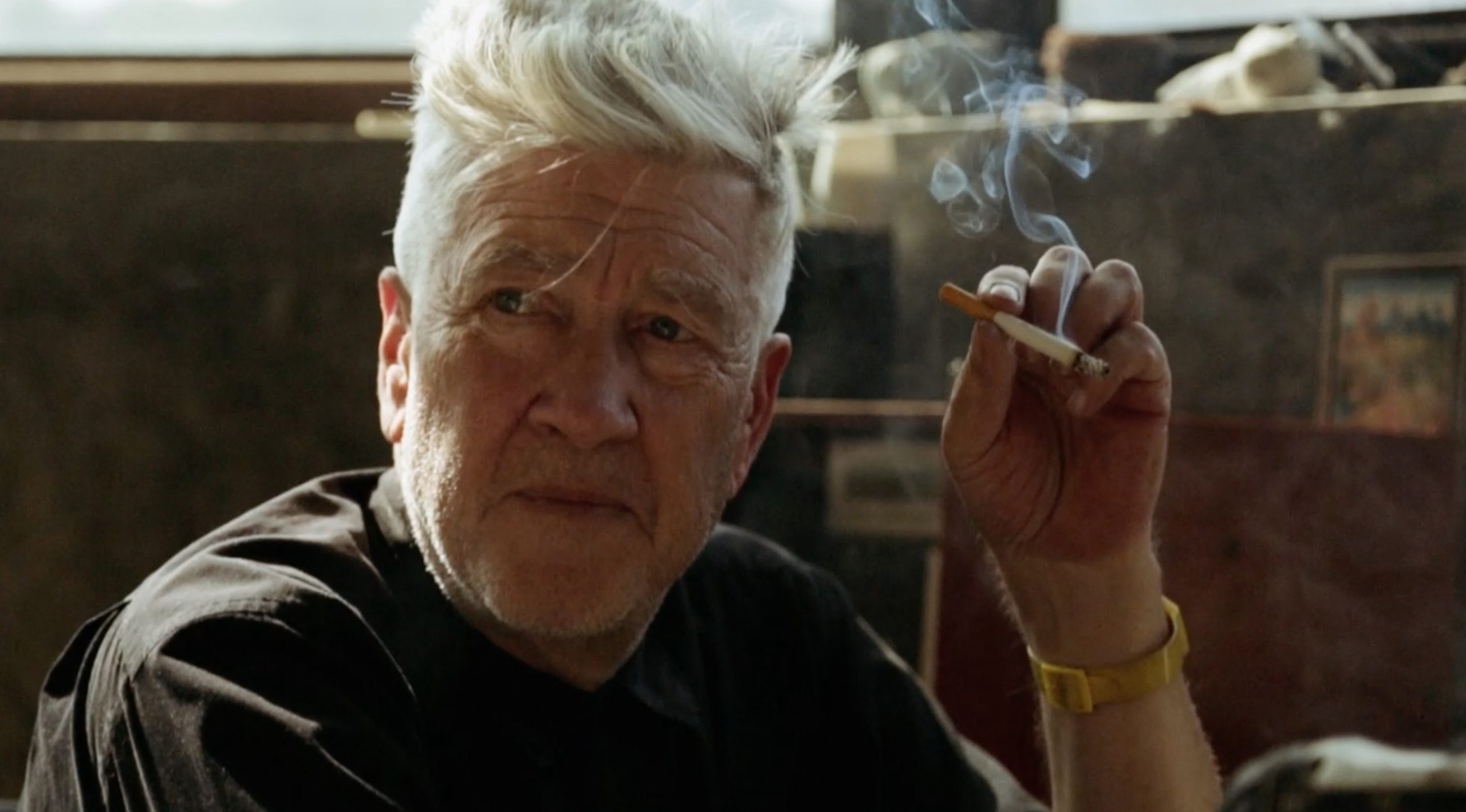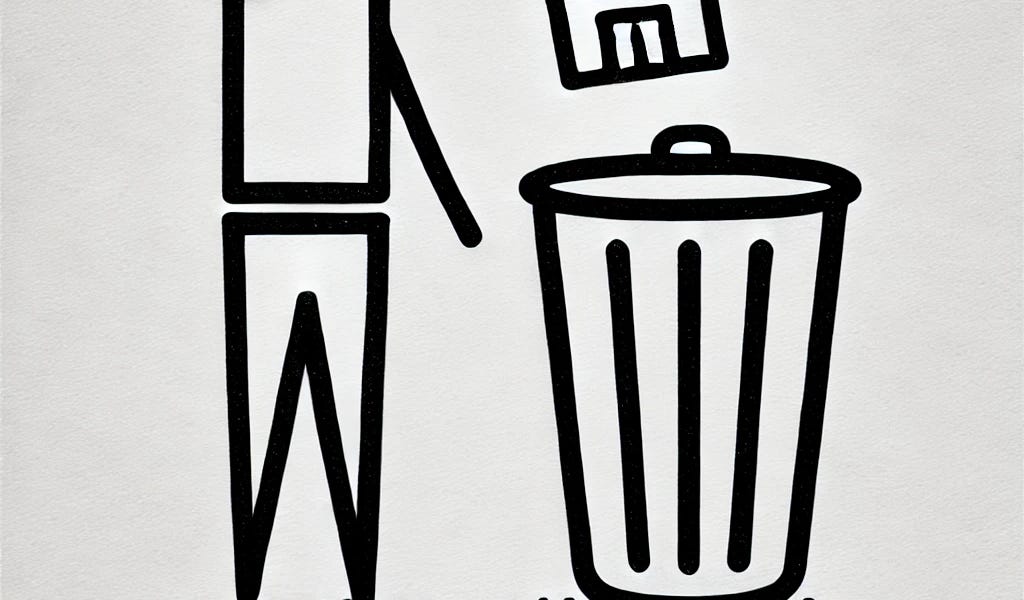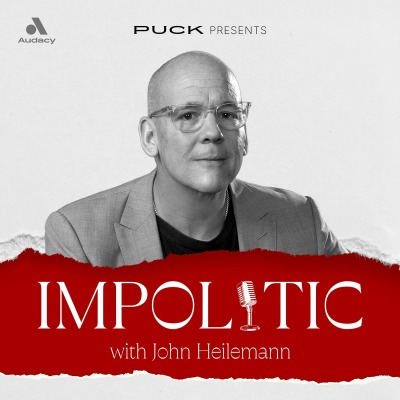The legend for my list was stolen from Steven Soderbergh, where ALL CAPS represents a movie, Sentence Case is a TV show, ALL CAPS ITALICS is a short film, Italics is a book, and bold is a live performance or show. A number in brackets after a TV show highlights how many episodes I watched. An asterisk after an entry means it’s a rewatch. The source of the movie or show, whether streaming service, physical media, or in theaters, is shown in parentheses as well.
1/1: The Day of the Jackal [4](Peacock); A Spy Among Friends, Ben Macintyre (audiobook); What We Do in the Shadows, S6 [3](Hulu); Letterkenny, S1 [3]
1/2: Say Nothing [2](Hulu); What We Do in the Shadows, S6 (Hulu); NOSFERATU (theater)
1/3: Landman [2](Paramount+); Squid Game, S2 [3](Netflix); Letterkenny, S1[3](Hulu); What We Do in the Shadows, S6 (Hulu)
1/4: Letterkenny, S2 [2](Hulu); What We Do in the Shadows, S6 [2](Hulu); Syllabus, Lynda Barry; Squid Game, S2(Netflix); DEN OF THIEVES (Max); Interview with the Vampire, S1(AMC+)
1/5: Letterkenny, S2 [4](Hulu); Letterkenny, S3 (Hulu); Squid Game, S2 (Netflix); ELECTION* (Criterion Channel)
1/6: Letterkenny, S3 (Hulu); Squid Game, S2 [2] (Netflix); HAYWIRE (Criterion Channel)
1/7: Letterkenny, S3 [3](Hulu); WALLACE AND GROMIT: VENGEANCE MOST FOWL (Netflix)
1/8: Letterkenny, S3 [2](Hulu); Interview with the Vampire, S1 (AMC+)
1/9: Letterkenny, S4 (Hulu); The Wager, David Grann; ASTEROID CITY* (Peacock)
1/10: Say Nothing [4](Hulu); CFP Semifinal: Texas Longhorns vs. Ohio State Buckeyes (ESPN)
1/11: GLASS ONION* (Netflix); Say Nothing [3] (Hulu); Letterkenny, S4 (Hulu); Australian Open (ESPN+)
1/12: DEJA VU* (Criterion Channel); Australian Open (ESPN+)
1/13: Letterkenny, S4 (Hulu); DEN OF THIEVES 2: PANTERA (theater); Australian Open (ESPN+)
1/14: The Message, Ta-Nahesi Coates (audiobook); SKYFALL* (Blu-ray)
1/15: Australian Open (ESPN+)
1/16: INLAND EMPIRE (Criterion Channel); Australian Open (ESPN+)
1/17: Twin Peaks: The Return (Paramount+); GATTACA (Criterion Channel); Australian Open (ESPN+)
1/18: BABY GIRL (screener); Australian Open (ESPN+)
1/19: White Lies [3] (AMC+); Australian Open (ESPN+)
1/20: CFP National Championship: Ohio State vs. Notre Dame (ESPN+); Australian Open (ESPN+)
1/21: Twin Peaks: The Return (Paramount+); The Fury, Alex Michaelides (audiobook); Australian Open (ESPN+)
1/22: Twin Peaks: The Return [2] (Paramount+)
1/23: Twin Peaks: The Return [4](Paramount+); SING SING (theater)
1/24: Australian Open (ESPN+); THE BRUTALIST (theater)
1/25: Australian Open: Women’s Final (ESPN+); Prime Target [2] (AppleTV+); TINKER, TAILOR, SOLDIER, SPY* (digital copy)
1/26: Australian Open: Men’s Final (ESPN+); NFL AFC championship (Paramount+)
1/27: Twin Peaks: The Return (Paramount+)
1/28: Twin Peaks: The Return (Paramount+)
1/29:
1/30: Twin Peaks: The Return [4] (Paramount+)
1/31: Twin Peaks: The Return (Paramount+); The Maidens, Alex Michaelides (audiobook)
2/1:
2/2: Call for the Dead, John le Carré (audiobook); Prime Target (AppleTV+)
2/3: Twin Peaks: The Return (Paramount+)
2/4: PRESENCE (theater); Severance, S2 (AppleTV+)
2/5: Interview with the Vampire (AMC+)
2/6: Twin Peaks: The Return (Paramount+); SINGLES (Criterion Channel)
2/7: Severance, S2 (AppleTV+); Prime Target (AppleTV+)
2/8: Landman [3] (Paramount+)
2/9: Landman (Paramount+); Super Bowl LIX (Tubi)
2/10:
2/11: Severance, S2 [2] (AppleTV+); THE ANDERSON TAPES (Criterion Channel); Landman [2](Paramount+)
2/12: The White Lotus, S2 [3](Max)
2/13: The White Lotus, S2 [3](Max)
2/14: Common Side Effects [2](Max); The White Lotus, S2 (Max)
2/15: OCEAN’S 12* (Blu-ray); UNSTOPPABLE (Max)
2/16: Severance, S2 (AppleTV+); IN THE HEART OF THE SEA (Netflix); The Simpsons, S1 [2](Disney+); BODY DOUBLE (Criterion Channel); The White Lotus, S3 (Max)
2/17:
2/18: Last Week Tonight with John Oliver, S12(Max)
2/19: The Simpsons, S1 (Disney+); ONE FLEW OVER THE CUCKOO’S NEST (Criterion Channel)
2/20: RED ROOMS (AMC+); The Simpsons, S1 (Disney+); THE KING OF COMEDY (Criterion Channel)
2/21: Severance, S2 (AppleTV+); CONCLAVE*(Peacock)
2/22: SUSPICION (Criterion Channel); Landman [4](Paramount+)
2/23: Prime Target [2](AppleTV+); The White Lotus, S3 (Max)
2/24: A Murder of Quality, John Le Carré (audiobook); Last Week Tonight with John Oliver, S12 (Max)
2/25: Prime Target (AppleTV+)
2/26: SEPTEMBER 5 (Paramount+)
2/27: HOW TO BUILD A LIBRARY (True/False); ZODIAC KILLER PROJECT (True/False)
2/28: RIVERS OF GRASS (True/False); PREDATORS (True/False); THE DATING GAME (True/False); WTO/99 (True/False); SALLY (True/False)
3/1:LAND WITH NO RIDER (True/False); DEAF PRESIDENT NOW! (True/False)
3/2: SEEDS (True/False); THE TRACK (True/False); MIDDLETOWN (True/False)
3/3: Survivor, S48 (Paramount+); The White Lotus, S3 (Max)
3/4: Severance, S2 (AppleTV+); NATE BARGATZE: THE TENNESSEE KID (Netflix)
3/5: Havoc, Christopher Bollen; Last Week Tonight with John Oliver, S13 (Max)
3/6: INDIANA JONES AND THE RAIDERS OF THE LOST ARK* (Blu-ray); LINCOLN* (Hulu);
3/7: Severance, S2 (AppleTV+); CRIMSON TIDE* (Amazon Prime Video); RUNAWAY JURY* (Netflix); Survivor, S48 (Paramount+)
3/8: CASINO ROYALE* (With St. Louis Symphony Orchestra)
3/9: KNIVES OUT* (Amazon Prime Video); MISSION:IMPOSSIBLE—DEAD RECKONING* (Amazon Prime Video); JURASSIC WORLD* (AMAZON PRIME VIDEO); The White Lotus, S3 (Max)
3/10: A SCANNER DARKLY (Criterion Collection); Last Week Tonight with John Oliver, S12 (Max)
3/11:
3/12: MICKEY 17 (theater); NATE BARGATZE: THE GREATEST AVERAGE AMERICAN (Netflix)
3/13: Survivor, S48(Paramount+)
3/14: Top Chef, S22 (Peacock); Top Chef, S22: Last Chance Kitchen (Peacock); BLACK BAG (theater)
3/15: SEC Basketball Tournament (ESPN+); The Players Championship (ESPN+)
3/16: Severance, S2 (AppleTV+)
3/17:
3/18: Last Week Tonight with John Oliver, S13 (Max)
3/19: Survivor, S48 (Paramount+); Adolescence (Netflix)
3/20: NCAA March Madness (Mizzou vs. Drake)(Max)
3/21: Severance, S2 (AppleTV+)
3/22: Adolescence (Netflix)
3/23: Adolescence [2](Netflix)
3/24: The White Lotus, S3 (Max)
3/25: The Sequel, Jean Hanff Korelitz (public library); TRAP* (Max)
3/26: Survivor, S48 (Paramount+)
3/27:
3/28:
3/29: Top Chef, S21 (Peacock); Top Chef: Last Chance Kitchen (Peacock); CASINO* (4K UHD); The Studio [2](AppleTV+)
3/30: The White Lotus, S3 (Max)
3/31:
4/1: Last Week Tonight with John Oliver, S12 (Max)
4/2: Survivor, S48 (Paramount+); The Studio (AppleTV+)
4/3:
4/4:
4/5: Top Chef, S22 (Peacock); Top Chef: Last Chance Kitchen (Peacock); INDIANA JONES AND THE RAIDERS OF THE LOST ARK* (Blu-ray)
4/6: The Americas (Peacock); The White Lotus, S3 (Max)
4/7: Last Week Tonight with John Oliver, S12(Max); Long Bright River (Peacock)
4/8: Long Bright River [2](Peacock)
4/9:
4/10: The Masters (Masters.com)
4/11: The Masters (Masters.com) ;Survivor, S48 (Paramount+)
4/12: The Masters (Paramount+)
4/13: The Masters (Paramount+);The Studio (AppleTV+); The Last Of Us, S2 (Max)
4/14:
4/15:
4/16: The Americas [2](Peacock)
4/17: The Studio (AppleTV+)
4/18: Survivor, S48 (Paramount); Top Chef, S22 [2](Peacock); Top Chef: Last Chance Kitchen [2](Peacock)
4/19: SINNERS (theater); THE ORDER (Hulu)
4/20:
4/21: The Last of Us, S2 (Max); The Americas (Peacock)
4/22:
4/23:
4/24: Survivor, S48 (Paramount+)
4/25:
4/26: THE ACCOUNTANT* (Amazon Prime); DEN OF THIEVES* (Netflix)
4/27: The Last of Us, S2 (Max)
4/28: Last Week Tonight with John Oliver, S12 (Max)
4/29: The Americas [2](Peacock)
4/30: Survivor, S48 (Paramount+)
5/1: The Studio (AppleTV+)
5/2: Top Chef, S22 (Peacock); Andor, S2 [2](Disney+)
5/3: Andor, S2 [4](Disney+)
5/4:
5/5: Last Week Tonight with John Oliver, S12(Max)
5/6:
5/7:
5/8:
5/9:
5/10:
5/11:
5/12: Last Week Tonight with John Oliver, S12 (Max)
5/13:
5/14:
5/15:
5/16:
5/17:
5/18:
5/19:
5/20
5/21:
5/22:
5/23:
5/24:
5/25:
5/26:
5/27:
5/28:
5/29:
5/30: Into The Wild*, Jon Krakauer (audiobook)
6/1:
6/2: The Studio [3](AppleTV+); Last Week Tonight with John Oliver, S12 (Max)
6/3: Poker Face, S2 (Peacock); Survivor, S48 (Paramount+)
6/4: Survivor, S48 (Paramount+); MISSION: IMPOSSIBLE — THE FINAL RECKONING (theater)
6/5: Survivor, S48 (Paramount+)
6/6: THE PHOENICIAN SCHEME (theater)
6/7: French Open—Women’s Final (Max); Poker Face, S2 (Peacock)
6/8: French Open—Men’s Final (Max); Poker Face, S2 [2](Peacock); The Last of Us, S2 (Max); Top Chef, S22 (Peacock)
6/9: Last Week Tonight with John Oliver, S12 (Max)
6/10: Poker Face, S2 (Peacock)
6/11: FROM THE WORLD OF JOHN WICK: BALLERINA (theater)
6/12: Poker Face, S2 [2](Peacock)
6/13: This is Chance!, Jon Mooallem (audiobook); True Grit, Charles Portis (audiobook)
6/14:
6/15: Zuckerman Unbound, Philip Roth (audiobook)
6/16:
6/17: Last Week Tonight with John Oliver, S12 (Max)
6/18: Poker Face, S2 (Peacock)
6/19: Top Chef, S22 (Peacock); Little Secrets, Jennifer Hillier (audiobook)
6/20:
6/21: Poker Face, S2 (Peacock); Andor, S2 [2](Disney+); The Last of Us, S2 [3](Max)
6/22: Last Week Tonight with John Oliver, S12 (Max)
6/23: 28 DAYS LATER (Pluto)
6/24: Top Chef, S22 (Peacock)
6/25: PAVEMENTS (theater)
6/26: Top Chef, S22 (Peacock)
6/27: F1 (theater)
6/28: The Bear, S4 [10](Hulu)
6/29: Formula One: Drive to Survive, S1 [8](Netflix)
6/30: Last Week Tonight with John Oliver, S12 (Max)
7/1: Dept. Q (Netflix)
7/2: Formula One: Drive to Survive, S1 [2](Netflix)
7/3: BLACK BAG* (Peacock)
7/4: Wimbledon (ESPN+); F1* (theater)
7/5: Formula One: Drive to Survive, S2 [10](Netflix); Formula One: Drive to Survive, S3 [4](Netflix)
7/6: Wimbledon (ESPN+); F1: British Grand Prix (ESPN+); 28 YEARS LATER (theater); SINNERS* (Max); Poker Face, S2 (Peacock)
7/7: Dept. Q [2](Netflix)
7/8: Dept. Q (Netflix); Formula One: Drive to Survive, S3 [2](Netflix)
7/9: Formula One: Drive to Survive, S3 [4](Netflix)
7/10: Formula One: Drive to Survive, S4 (Netflix)
7/11: Chris Stapleton (Hollywood Casino Amphitheater)
7/12: Wimbledon: Women’s Final (ESPN+); Dept. Q [5](Netflix); Formula One: Drive to Survive, S4 [5](Netflix); Poker Face, S2 (Peacock)
7/13: Formula One: Drive to Survive, S4 [2](Netflix)
7/14:
7/15: Formula One: Drive to Survive, S5 [4](Netflix)
7/16: The Wild Ones [2](AppleTV+); Formula One: Drive to Survive, S5 (Netflix)
7/17: The Wild Ones [2](AppleTV+); Formula One: Drive to Survive, S5 [2](Netflix)
7/18:
7/19:
7/20:
7/21: All The Sinners Bleed, S.A. Cosby (audiobook); Formula One: Drive to Survive, S5 [3](Netflix); Formula One: Drive to Survive, S6(Netflix); MOUNTAINHEAD (HBO Max)
7/22: Formula One: Drive to Survive, S6 [7](Netflix); SUPERMAN (2025)(theater); Paradise (Hulu)
7/23: Formula One: Drive to Survive, S6 [2](Netflix); BOUND (Criterion Collection); Formula One: Drive to Survive, S7 [2](Netflix); Andor, S2 (Disney+); Paradise [2](Hulu)
7/24: Paradise (Hulu)
7/25: Paradise (Hulu)
7/26: Formula One: Drive to Survive, S7 [8](Netflix); F1 Qualifying: Belgium Grand Prix(ESPN+); Paradise [4](Hulu)
7/27: F1: Belgium Grand Prix(ESPN+); SENNA (Netflix); MIKE BIRBIGLIA: THE GOOD LIFE (Netflix)
7/28: Last Week Tonight with John Oliver, S12 (HBO Max); EDDINGTON (theater)
7/29: THE AMATEUR (Hulu)
7/30: TREVOR NOAH: SON OF PATRICIA (Netflix)
7/31:
8/1:
8/2: THE ACCOUNTANT 2 (Amazon Prime Video); HIT MAN* (Netflix); GET SHORTY* (HBO Max)
8/3: F1: Hungarian Grand Prix (ESPN+)
8/4: Last Week Tonight with John Oliver, S12 (HBO Max)
8/5:
8/6: The Wild Ones [2](AppleTV+)
8/7: POP STAR: NEVER STOP NEVER STOPPING (Netflix)
8/8:
8/9:
8/10: HIGH AND LOW (theater); WEAPONS (theater)
8/11: Last Week Tonight with John Oliver, S12 (HBO Max); How to Read Novels Like a Professor, Thomas C. Foster
8/12:
8/13:
8/14: TREVOR NOAH: AFRAID OF THE DARK (Netflix); Burn, Peter Heller
8/15: HIGHEST 2 LOWEST (theater)
8/16: MISSION IMPOSSIBLE: ROGUE NATION* (Paramount+)
8/17: Andor, S2 [3](Disney+)
8/18: Last Week Tonight with John Oliver, S12 (HBO Max)
8/19:
8/20:
8/21:
8/22:
8/23: THE NAKED GUN (2025)(theater); Twist, Colum McCann
8/24: U.S. Open (ESPN+)
8/25: U.S. Open (ESPN+)
8/26: U.S. Open (ESPN+)
8/27: U.S. Open (ESPN+)
8/28: U.S. Open (ESPN+)
8/29: U.S. Open (ESPN+)
8/30: U.S. Open (ESPN+)
9/1: Life and Art, Richard Russo; U.S. Open (ESPN+); JAWS* (theater; 50th anniversary screening)
9/2: U.S. Open (ESPN+)
9/3: U.S. Open (ESPN+)
9/4: U.S. Open (ESPN+)
9/5: U.S. Open (ESPN+)
9/6: Texas Longhorns vs. San José State (ESPN+); Missouri Tigers vs. Kansas Jayhawks (ESPN+); THE EQUALIZER* (Netflix)
9/7: F1: Italian Grand Prix (ESPN+); The Paper [2](Peacock); Nate Bargatze: Hello World (Amazon Prime)
9/8:
9/9: The Paper (Peacock); Only Murders in the Building, S5 (Hulu)
9/10: Only Murders in the Building, S5 (Hulu)
9/11:
9/12: WARFARE (HBO Max); GOSFORD PARK (Criterion Channel)
9/13: GROSSE POINT BLANK (Criterion Collection); Missouri Tigers vs. Louisiana (ESPN+); Tennessee Volunteers vs. Georgia Bulldogs (ESPN+)
9/14: Everybody Knows, Jordan Harper; DAYS OF HEAVEN* (theater); Only Murders in the Building, S5 (Hulu)
9/15:
9/16: Only Murders in the Building, S5 (Hulu)
9/17: ALL THE PRESIDENT’S MEN* (Criterion Channel)
9/18:
9/19: Nate Bargatze: Big Dumb Eyes Tour (T-Mobile Center, Kansas City, MO)
9/20: Tennessee vs. UAB (ESPN+); Task (HBO Max); Mizzou vs. South Carolina (ESPN+)
9/21: Task [2](HBO Max)
9/22: Last Week Tonight with John Oliver, S12 (HBO Max)
9/23: Only Murders in the Building, S5 (Hulu)
9/24: MEGADOC (theater); INHERENT VICE* (Amazon Prime)
9/25: THE MASTER* (Amazon Prime); LICORICE PIZZA* (Amazon Prime)
9/26: Ryder Cup (Peacock); The Lowdown (Hulu)
9/27: ONE BATTLE AFTER ANOTHER (70mm IMAX); Ryder Cup (Peacock); The Lowdown (Hulu); Slow Horses, S5 (AppleTV+)
9/28: Ryder Cup (Peacock); MAGNOLIA* (Criterion Channel)
9/29: Last Week Tonight with John Oliver, S12 (HBO Max
9/30: Survivor, S49 (Paramount+)
10/1: Task (HBO Max)
10/2: Peaky Blinders, S1 (Netflix)
10/3: Peaky Blinders, S1 [2](Netflix)
10/4: ONE BATTLE AFTER ANOTHER* (theater); Peaky Blinders, S1 (Netflix)
10/5: INSIDE MAN* (Netflix); Task (HBO Max)
10/6: Last Week Tonight with John Oliver, S12 (HBO Max)
10/7: Only Murders in the Building, S5 [2] (Hulu)
10/8: Open Minds Initiative Lecture Series: Greg Lukianoff
10/9: The Paper (Peacock)
10/10:
10/11: Slow Horses, S5 [2](AppleTV+); Missouri Tigers vs. Alabama Crimson Tide (ESPN+); Tennessee Volunteers vs. Arkansas Razorbacks (ESPN+)
10/12: Seduction Theory, Emily Aiden (audiobook); The Paper [6](Peacock); The Lowdown [2](Hulu); Survivor, S49 (Paramount+); Task (HBO Max)
10/13:
10/14: Last Week Tonight with John Oliver, S12 (HBO Max)
10/15: Slow Horses, S5 (AppleTV+)
10/16:
10/17: ONE BATTLE AFTER ANOTHER* (theater); Knife Edge: Chasing a Michelin Star (AppleTV+)
10/18: Knife Edge: Chasing a Michelin Star [2](AppleTV+)
10/19: Peaky Blinders, S1 (Netflix); Task (HBO Max)
10/20: Peaky Blinders, S1 (Netflix)
10/21: Only Murders in the Building, S5 (Hulu); Peaky Blinders, S1 (Netflix); Peaky Blinders, S2 (Netflix)
10/22: Peaky Blinders, S2 (Netflix)
10/23:
10/24: A HOUSE OF DYNAMITE (Netflix)
10/25: THE BIG LEBOWSKI* (digital copy); Knife Edge: Chasing a Michelin Star(AppleTV+)
10/26: F1:Mexico City Grand Prix (ESPN+); Survivor, S49 (Paramount+); The Lowdown (Hulu)
10/27: Last Week Tonight with John Oliver, S12 (HBO Max)
10/28: AFTER THE HUNT (theater)
10/29: Slow Horses, S5 [2](AppleTV+); Only Murders in the Building, S5 (Hulu)
10/30: The Lowdown (Hulu)
10/31: Knife Edge: Chasing a Michelin Star(AppleTV+); SE7EN* (HBO Max)
11/1: SICARIO* (digital copy); Tennessee Volunteers vs. Oklahoma Sooners (ESPN+); World Series: Game 7–LA Dodgers vs. Toronto Blue Jays (Fox One)
11/2: Survivor, S49 (Paramount+)
11/3: Last Week Tonight with John Oliver, S12 (HBO Max)
11/4:
11/5: BLUE MOON (theater)
11/6: Survivor, S49 (Paramount+)
11/7: Peaky Blinders, S2 (Netflix); AUSTIN POWERS: THE SPY WHO SHAGGED ME* (Netflix)
11/8: Knife Edge: Chasing a Michelin Star(AppleTV+); THE TOWN* (HBO Max)
11/9: Peaky Blinders, S2 [2](Netflix)
11/10:
11/11: SICARIO* (digital copy); IT WAS JUST AN ACCIDENT (theater); MISSION IMPOSSIBLE: THE FINAL RECKONING* (digital copy)
11/12: BUGONIA (theater); Peaky Blinders, S2 (Netflix)
11/13: ZERO DARK THIRTY* (Blu-ray)
11/14: NO COUNTRY FOR OLD MEN* (Criterion Collection)
11/15: The Lowdown (Hulu); THE HURT LOCKER*(Netflix)
11/16: Survivor, S49 (Paramount+); JURASSIC WORLD: REBIRTH (Peacock)
11/17:
11/18: Landman, S2 (Paramount+)
11/19:
11/20:
11/21: KICKING AND SCREAMING* (1995)(Criterion Collection)
11/22: LINCOLN* (digital copy); THE BIG SHORT* (Paramount+)
11/23: Knife Edge: Chasing a Michelin Star(AppleTV+)
11/24:
11/25: BLUE MOON* (digital copy)
11/26:
11/27:
11/28:
11/29:
11/30: Survivor, S49 (Paramount+); Landman, S2 (Paramount+)
12/1: BLUE MOON* (digital copy)
12/2:
12/3: Last Week Tonight with John Oliver, S12 (HBO Max)
12/4: Survivor, S49 (Paramount+)
12/5: KUNG FU PANDA* (Netflix); THE NEW YORKER AT 100 (Netflix)
12/6:
12/7: THE DEVILS WEARS PRADA* (digital copy); THE GAME* (Criterion Collection)
12/8: THE RUNNING MAN (2025)(theater)
12/9: SENTIMENTAL VALUE (theater)
12/10: Survivor, S49 (Paramount+)
12/11: Landman, S2 [2](Paramount+)
12/12:
12/13: Nate Bargatze: Big Dumb Eyes Tour (Nashville, TN)
12/14: Inferno, Dan Brown (audiobook)
12/15: THE PRINCESS BRIDE* (Criterion Collection)
12/16: WAKE UP DEADMAN: A KNIVES OUT MYSTERY (Netflix)
12/17: THIS IS SPINAL TAP* (HBO Max)
12/18:
12/19:
12/20:
12/21: LOVE ACTUALLY* (Peacock); THE HOLIDAY* (AMC)
12/22: Origin, Dan Brown (audiobook); Survivor, S49 (Paramount+)
12/23: Landman, S2 (Paramount+)
12/24: AVATAR: THE WAY OF WATER* (Disney+); The Chair Company [2](HBO Max); DAVE CHAPPELLE: THE UNSTOPPABLE (Netflix); Pluribus (AppleTV+)
12/25: The Chair Company [6](HBO Max); MARTY SUPREME (theater); AVATAR: FIRE AND ASH (theater); Pluribus [2](AppleTV+)
12/26: Pluribus [6](AppleTV+); COVER UP (Netflix); EYES WIDE SHUT* (Criterion Collection); ROOFMAN (Paramount+)
12/27: The Pitt [5](HBO Max)
12/28: EEPHUS (Mubi); The Pitt [10](HBO Max)
12/29: THE MASTERMIND (Mubi)
12/30: TRAIN DREAMS (Netflix); The Rehearsal, S2 [6](HBO Max); FRANKENSTEIN (2025)(Netflix)
12/31: ONE BATTLE AFTER ANOTHER* (HBO Max); The Hot Kid, Elmore Leonard
